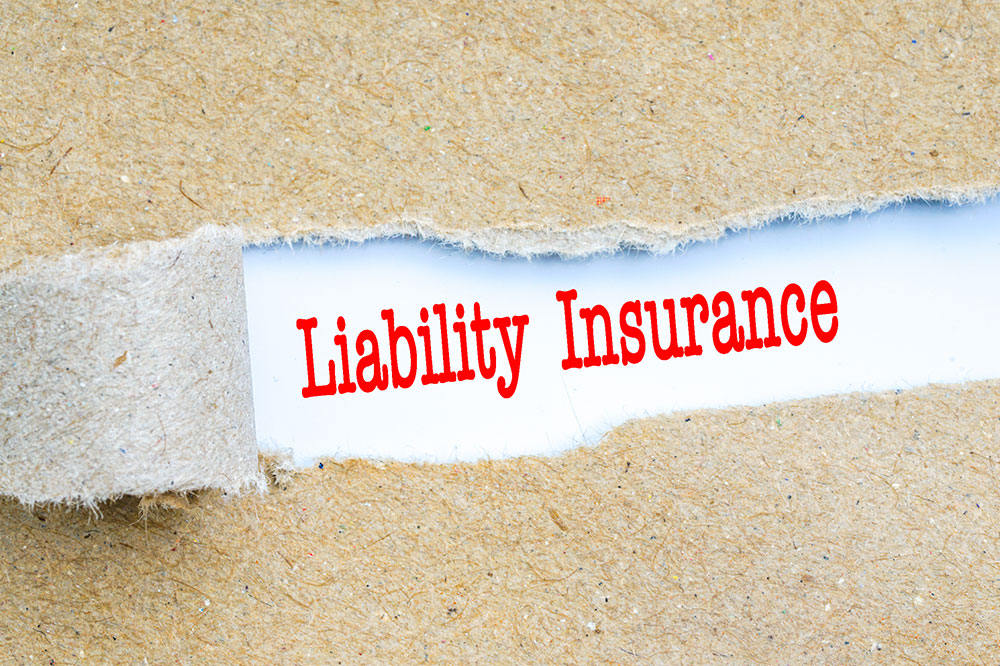
Everything to know about general liability insurance plans
General liability insurance is crucial for small business owners where customer vendors and the public may visit their premises. It is also helpful for those who use client or third-party premises for their work. For example, some small businesses require general liability insurance for cleaning and repair services, IT companies, real estate agents, and marketing companies. This article explains the features of a general liability insurance plan and why you should have one.
General liability insurance guide for a small business
Small business owners become automatically responsible for their employees’ and clients’ welfare on their premises. For example, if an employee causes any damage or injury to a third party, or if an employee or third party is injured while in your workplace, you are bound to compensate them. Though not mandatory, it can protect you from sudden and unexpected expenses and lawsuits.
- Medical expenses, if a client or a third party suffers injury or harm at your premises
- Cost of damages to a client or a third party’s property while doing business with you.
- Claims of copyright infringement
- Cost of reputational harm if you are sued for hurting another business
- Cost of advertising injury if your business defames a business or its owner
General liability insurance, however, does not cover costs and damages if your employee suffers an injury or illness caused by the business, as Worker’s compensation covers them. If an employee causes an auto accident, or their error or unlawful acts causes losses and damages, these cannot be covered by general liability insurance.
If you don’t have insurance, you may face expensive lawsuits if the aggrieved party sues you for bodily injury or property damage. You may have to pay massive compensation if the judgment is in their favor. Court costs, lawyer fees, and compensation are financial risks and a loss of credibility for small businesses.
Some companies offer policies specific to an industry or line of work. Before buying a policy, check for the type of claims, their coverage limits, and the time for claim processing and settlement. Verify the insurance company’s financial position, credibility, and potential lawsuits. You can also compare quotes online for your small business.
Examples of situations covered by general liability insurance plans
- A heavy object falling on a customer in a department store aisle
- Water damage after the completion of the repair
- Fracture due to slip on a wet floor
- Damage to the product during delivery
- Mention of the competitor in a marketing campaign
- Damage to door or window during repair
- Undercooked food causing infection to a patron
- Allergies caused by a skin care product without proper warning
- Damage to your lawn or yard by a lawn mowing contractor
General liability insurance coverage limit
Most small businesses opt for standard coverage of about $1 million for every occurrence and $2 million aggregate coverage for all claims for the policy duration, typically one year.
General liability insurance price
You can buy general liability insurance as a separate policy if it is separate from your Business Owner’s Policy. General liability insurance price depends on your coverage amount, risk assessment of your business, years of experience, size and condition of your building, and location. For example, your insurance claims history and other deductibles include an average small business spending between $30 to $45 per month for premiums.




